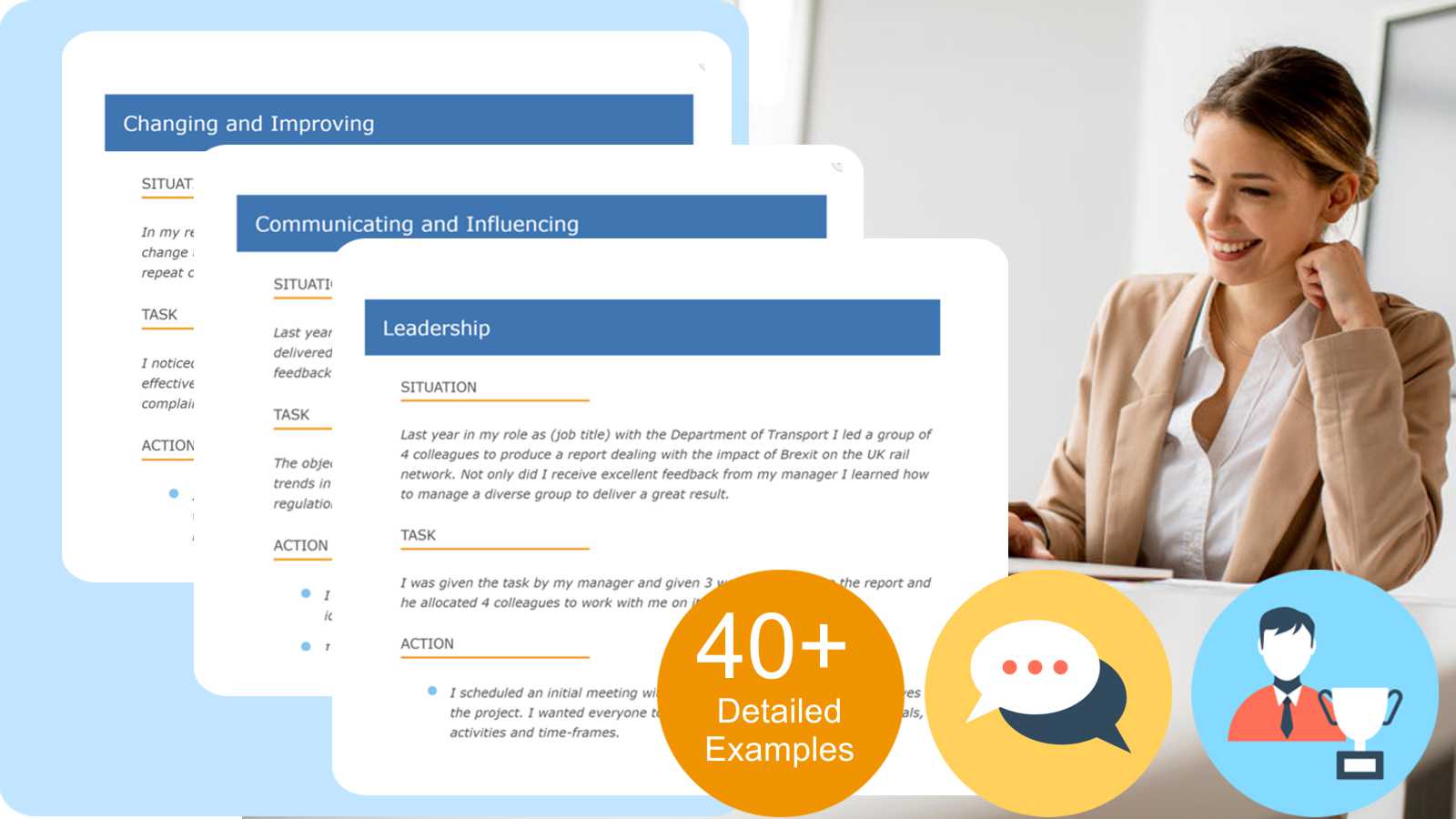
Have you been made redundant or laid off? Wondering how to explain in an interview and how to answer questions?
Interviews are challenging at the best of times and are made more difficult when there is an issue with your history that may be awkward.
Understanding how to handle questions about these challenging situations such as redundancy or being laid off is vital if you are to proceed and get the job offer.
In this article we will explain how to talk about being made redundant in an interview. We will give you the top 7 interview questions on redundancy you must be prepared for along with example sample answers.
What is important to remember before exploring these awkward interview situations is that you have been offered an interview. Therefore, even though you will want to shape a great answer to the obvious questions to come, the organisation has already noted this in your application and want to talk to you anyway.
Keep that in mind and it will boost your confidence!
The Challenge When Answering Questions About Redundancy
Securing a job after redundancy poses a multifaceted challenge.
- Firstly, there is the emotional toll of job loss, which is often overlooked by candidates themselves as well as employers. Even taking voluntary redundancy can lead to feelings of not being valued or not being wanted.
- Secondly you have the uphill task of repositioning yourself in a competitive job market. The stigma associated with redundancy may necessitate a delicate balance in explaining the circumstances during interviews.
- Employers will be concerned as to what led to you being made redundant or laid off. Was there an issue with your performance or ability to be part of the team. These concerns must be addressed in your cover letter, CV or interview.
Despite these hurdles, with resilience, proactive networking and considered upskilling, you will be perfectly placed to resume your career. Keep in mind, there is now much less stigma attached to redundancy, it is so common as organisations go through restructures and look to save money.
Perfect Answers: Know What To Say to Win Your Next Job
7 Interview Questions About Redundancy You Must Answer
1 . Can you explain the circumstances surrounding your redundancy?
How to Answer: Begin by acknowledging the redundancy truthfully but keep your response concise. Provide a brief overview of the circumstances, focusing on the organisational changes rather than personal reasons.
Example Sample Answer: “I was part of a recent restructuring at my previous company, which unfortunately led to my position being made redundant. This decision was driven by [give detail as to the organisational changes or reasons which led to the change in your job situation]. While it was challenging, I understand the need for such adjustments in the business environment.”
2. How did you handle the news that you were being made redundant, and what steps did you take afterward?
How to Answer: With this question the interviewer is looking for clues as to your emotional state both during and after you were made redundant. They will want to see that you have processed it well and are ready for the next stage in your career journey.
Example Sample Answer: Upon learning about my redundancy, I initially took a moment to process the news and acknowledge the emotions associated with such a significant change. Following this, I approached the situation proactively. I conducted a thorough self-assessment to identify my skills, strengths and areas for growth. Simultaneously, I updated my CV and LinkedIn profile, ensuring they reflected my accomplishments and potential. Overall, I am using the redundancy as an opportunity for self-improvement and strategic career planning.
3. Can you describe how you maintained productivity and a positive mindset during the redundancy consultancy period?
How to Answer: As you go through the redundancy process you may be required to continue with your work. You will be in a position of uncertainty and this can impact on your output. With this interview question, they will want to see that you continued to deliver and provided quality outcomes.
Example Sample Answer: During the three month redundancy consultancy period, I focused on maintaining productivity and fostering a positive mindset through a strategic approach. My main aim was to ensure that my work objectives could be met with total commitment. This I achieved very successfully. Also, as I was aware of my need to move forward and find a new role, I initiated a structured daily routine, dedicating specific hours to job searching, networking, and professional development. This routine helped me stay organised and productive while providing a sense of purpose. Additionally, I engaged in activities that promoted mental well-being, such as exercise, mindfulness, and pursuing personal interests. Networking played a crucial role; I attended industry events, webinars, and virtual meet-ups to stay connected with professionals in my field. This proactive approach not only enhanced my skills but also illustrates the positive attitude I bring to this role.
4. How have you stayed updated with industry trends and advancements during the period of your redundancy?
How to Answer: They want to see what you did with the time you had available. Ideally this will have involved planning, updating your skills, learning new things, perhaps taking on a course. Keeping your knowledge up to date is vital and your answer should detail events, courses, online activity, podcasts etc that you used for your research.
Example Sample Answer: For me keeping up to date with what was happening in this industry is key. I know that my skills base is perfectly suited to this type of role and this is a sector that I see my future career in. Recognising the importance of staying current, I engaged in professional development, pursuing relevant courses and certifications [give detailed examples]. Networking played a crucial role; I connected with industry professionals, attended events, and sought informational interviews to expand my professional contacts. [give details about these]
5. What have you learned from the experience of being made redundant, and how has it influenced your professional outlook?
How to Answer: This interview question explores what you took away from the experience of being made redundant. Did you learn anything from it that can be useful in your future career. Detail three or four key learnings which can include an ability to adapt to change, to overcome obstacles and to use challenging situations as stepping stones.
Example Sample Answer: Experiencing redundancy was a pivotal moment that taught me resilience, adaptability, and the importance of continuous self-improvement. I learned to embrace change as an opportunity for growth rather than a setback. This experience deepened my understanding of the dynamic nature of the professional landscape, reinforcing the need for ongoing learning to stay relevant. It prompted me to reassess my career goals, prioritise personal development, and cultivate a proactive approach to challenges. I believe this redundancy has made me a more resilient and forward-thinking person. I know that I can adapt quickly, I am able to learn rapidly and I know from the job description these are skills that are valuable in this post.
6. What steps have you taken to boost your skills or enhance your qualifications since you were made redundant?
How to Answer: Simply put, they want to see that you have used your time productively. Detail training courses, seminars, online and offline learning and research among others. Talk about the improvement in your skills or knowledge which is ‘relevant’ to the role being recruited for.
Example Sample Answer: Following my redundancy, I recognised the importance of staying competitive and relevant in this competitive industry. To enhance my qualifications, I took several proactive steps. Firstly, I identified key skills in demand within the industry and pursued targeted online courses and certifications to acquire them, for example [detail the courses]. These practical courses not only expanded my skills and knowledge but also demonstrated my serious commitment to continuous learning. Additionally, I actively participated in industry webinars, workshops, and conferences to stay updated on the latest trends and advancements. [Examples of these include…]. Finally, I networked with professionals in my field provided valuable insights, and I sought mentorship opportunities to gain practical guidance for career growth. Overall, I can see that my post-redundancy focus on both keeping my skills up to date and gathering new ones will be invaluable in this role with your department.
7. How do you address potential concerns employers may have about hiring someone who has gone through redundancy?
How to Answer: This is all about putting yourself in the employers’ shoes. Reflect how they might see you after the experience of being made redundant. They will wonder if there was an issue which meant you were chosen for redundancy. In addition, they will be concerned that perhaps you are not ready to come back to work. Your answer should alleviate those concerns.
Example Sample Answer: I can understand a potential employer having concerns. However, I adopt a transparent and positive communication strategy. I acknowledge the situation openly and I am clear about the reasons for the redundancy. As explained earlier this related to the internal restructure rather than personal performance issues. As you can see from my CV my ability to hit targets was exceptional and continued during the pre-redundancy period. I have taken proactive steps since to ensure my skills are fully up to date. I have taken time to learn new skills. Ultimately, I would like to convey my enthusiasm for the new role, I am ready to take on this position. I know I have the experience required and I bring a positive mindset to make a valuable and committed contribution to your company.
Golden Rules for Answering Interview Questions About Redundancy
Overcoming and in fact benefiting from being made redundant is very possible.
In fact, many employees say it was one of the best moves they made. It gave them a chance to make the career change they had been considering for some time before.
Here are our top tips for answering interview questions about redundancy:
- Be Honest and Transparent: Be honest about the reasons for your redundancy; ideally showing it was due to the job being removed or other structural change.
- Focus on Your Achievements: Highlight your achievements and contributions to the organisation before the redundancy. Be clear about how these will help in the role you are interviewing for
- Express Resilience: Showcase your ability to bounce back, emphasising your ability to deal with change and thrive from it.
- Demonstrate Continuous Learning: Discuss any training or professional development undertaken since the redundancy. Focus especially on relevant skills acquired.
- Stay Positive: Frame the redundancy as an opportunity for growth and learning rather than a setback.
- Showcase Networking: Share how you’ve actively networked, attended industry events, and engaged with professionals in your field.
- Provide Specific Examples: Use concrete examples to illustrate your ability to handle challenges and contribute effectively. These add weight and act as evidence.
- Address Concerns Proactively: Anticipate potential concerns and address them proactively in your responses.
- Express Enthusiasm for the Future: Convey your excitement about applying your skills and experience to a new opportunity.
- Link Skills to Job Requirements: Align your skills and experiences with the requirements of the new role, assuring the employer of your suitability and commitment.
How InterviewGold Helps Answer Tough Interview Questions Easily
Answer any interview question with 100% confidence with InterviewGold
With our online interview training program you will learn how to answer the trickiest questions with ease. Plus you will get detailed sample answers all proven to boost your chances of winning the job.
Best of all, it is tailored to your target career. Log in select your sector and then select your role and get accurate questions and answers plus tons of top advice. Over 20 sectors are covered including Accounting, Finance, Customer Services, Banking, Marketing, Sales etc.
Get Interview Questions & Expert Answers for Your Target Job
Get Instant Access to InterviewGold and Get The Job You Want


